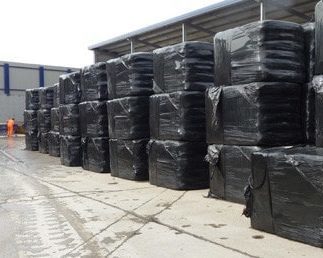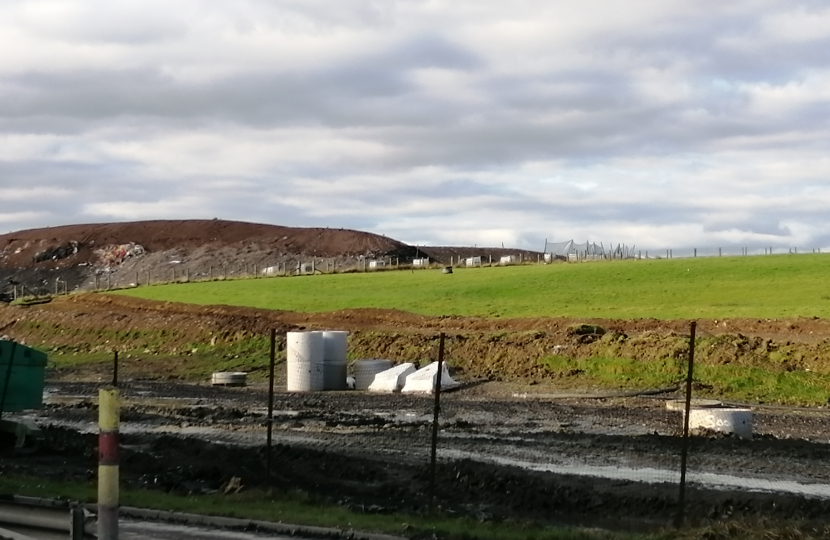With many nations banning social gatherings and imposing cross-border travel restrictions, this has not so far been extended to the movement of goods and lorries.

Germany – which imported nearly 400,000 tonnes of RDF from England in 2019 – closed its borders on Monday except for commercial traffic, and the country insists that the movement of goods will continue.
As other countries also begin restrictions and growing ques at borders are being reported, there are fears the movement of RDF could be delayed.
There are also concerns over employees who may need to go into isolation.
Essential service
In a statement given to letsrecycle.com, Robert Corijn, marketing manager at Attero B.V. and chair of the RDF Industry Group, urged governments in both the UK and on the Continent to help.
“Waste management is an essential service which will need to continue as normal throughout the coming months during the outbreak of Covid -19. As employees in the waste industry are also likely to be affected by the Covid-19 virus it will be a challenge to keep service at current levels,” he explained.
Mr Corijin added: “Therefore other disturbances need to be avoided. At this point in time RDF is moving freely, but we encourage governments, both in the UK and Europe, to continue to facilitate this. RDF and other waste producers depend on export as a vital outlet which must be maintained in order to prevent waste from remaining in the UK without a treatment route, potentially causing environmental or hygiene problems that could be have been avoided.”
Standstill
Elsewhere, Norwegian-owned waste fuel specialist, Geminor,says the outbreak is becoming a “significant challenge” for the waste industry in Europe.
“At this point in time RDF is moving freely, but we encourage governments, both in the UK and Europe, to continue to facilitate this”
The company’s chief executive Kjetil Vikingstad issued a statement saying the consequence will be “considerable” if countries fail to collect and treat all the waste produced.
“Presently, we are in a force majeure situation, and everyone should take precautions to avoid spreading infection. Simultaneously, we have to keep the industry running to the best of our ability, so that we avoid the accumulation of waste in the logistics- and value chain,” Mr Vikingstad explained.
He added: “If waste is not collected, we will have consequences like increased risk of pests, fires or the spreading of diseases. This is a situation we must work actively to avoid
Mr Vikingstad encouraged all industry players to implement a contingency plan in order to deal with market challenges in the months to come.
Geminor says it is in dialogue with waste producers, offtakers, transporters and authorities to find solutions to ensure continuity of waste disposal services and storage capacity for waste fuels in the months to come.
Measures
From the UK perspective, a spokesperson for the RDF business Andusia confirmed that the company has enacted contingency measures in the event of a UK ‘lock down’, but says it doesn’t anticipate service change.
“Should we need to self-isolate, staff will work remotely from home. In the meantime, Andusia will continue to operate as normal and services remain uninterrupted.
“We don’t anticipate any change in service however Andusia are monitoring the situation closely and will update customers should anything change.”
Advice

On a wider-scale, talks are ongoing with the industry and government on waste contingency measures, and some recyclers are expected to lobby the Environment Agency for a relaxation of permitting restrictions to allow them to store more material as export markets tighten.
To date in the UK, contingency measures are being drawn up which could include measures such as minimising travel, reducing bin collection frequencies and bringing in agency staff (see letsrcycle.com story).











Subscribe for free